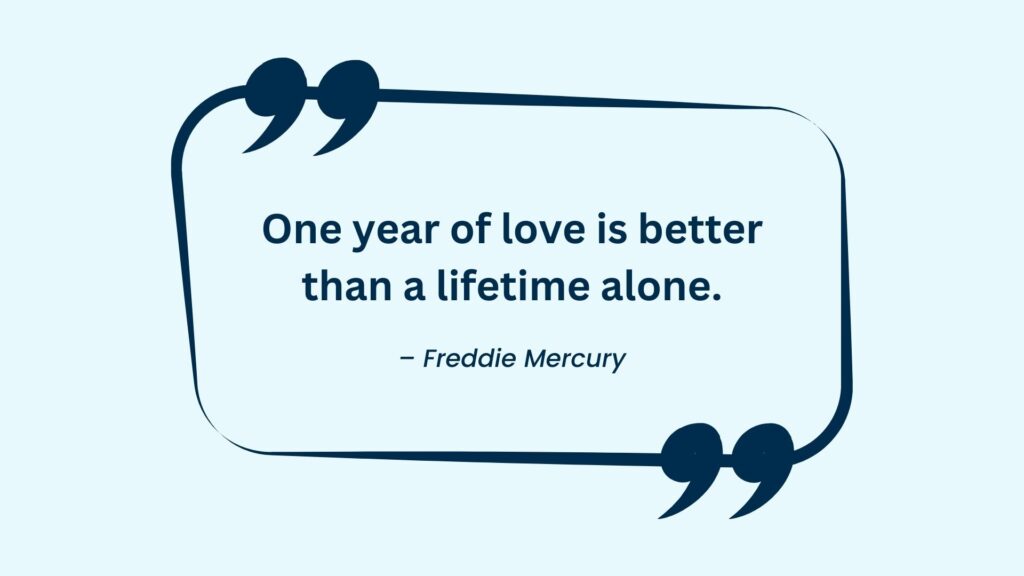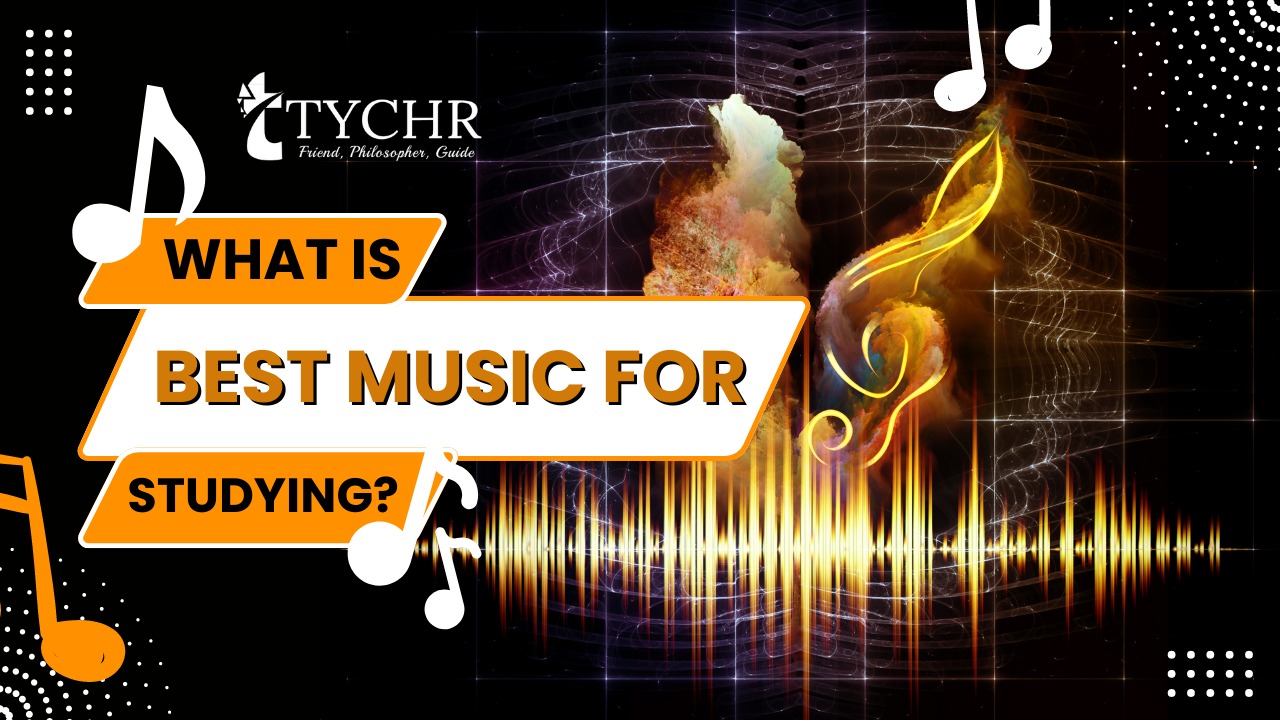Table of Contents
Different people have unique learning abilities. What might work well for you might not be the same for your colleagues. To some students, music may motivate them to concentrate on their studies, while it might distract others. There have been heated debates about whether music can help students focus on their studies for the longest time. If you love listening to music while studying, I’m sure you might have heard of YouTube, iTunes, Pandora, and Spotify, which have a wide range of music.
To help, consider listening to music while you study– the right music choice can boost your overall productivity level and provide the motivation you need.
You may have heard of the supposed “Mozart Effect”, claiming that listening to classical music will make you smarter. Over the last years many studies seem to have debunked this myth, saying that if you hate Mozart then listening to Mozart won’t do anything to you! While some researchers claim that all music during studying is bad, others say that music can help create the perfect mindset for studying – so listening to music just prior to studying, or while doing “easy” homework, can be a big boost! So, what specifically is that music? Let’s check out some of the main features. Stay until the end to see our recommendation of the type of music that checks all of the following boxes!
Consistency or Repetition
According to the following study, the type of music genre you listen to while studying has very little effect on your ability to focus. The key feature that contributes to higher levels of focus and concentration, though, is music with a steady beat and repetitive pulse. Please stay away from overly complex music that changes rhythms every 5 seconds in Favour of slightly more ‘consistent’ beats.
Additionally, the volume of the music plays a vital role in how easily it allows you to concentrate! Ideally your music should be at around ‘coffee-shop’ levels, where you can theoretically have conversations with another person over it. This will allow you to hear your own thoughts as you are writing that essay.
Uplifting Music
When we sit down to study many of us typically feel demotivated, lacking the drive to work with passion. Music can dramatically change our mood, inspire us to achieve greatness. That’s the reason why most athletes listen to music right before they go on the field. Similarly, listening to music can pump us up before, or during a study session giving us that extra push. So, although your favourite music might be silent, low-tempo, acoustic covers, sad tunes that make you cry. But your best bet is sticking to slightly more upbeat and energetic music.
Also Read: A song for every occasion

Consider the Tempo
When you are running, you typically want a song at around 100-130 beats per minute, depending on how quick your steps are. The reason we like these tempos is because it allows you to directly match the beat to your steps when you are running. Similarly, we want to match the beat to the type of assignment we are working on. Definitely, it’s not easy to match music to your mind as it is music to your steps. If you are listening to a song at an extremely high tempo, while doing a maths problem, you are undoubtedly going to become stressed. So, when doing difficult maths homework, we might want to bring that tempo right down. On the other hand, when doing an easy task that you want to finish early, increasing the tempo may allow you to work, think and act quicker! Studies have shown that music timed at 60 beats per minute can help put people’s minds into ease; putting brains into a more productive mode where thinking and creativity are easier.
Songs without Lyrics
The one agreed-upon feature of songs that consistently seem to impede academic performance for students seems to be the content of lyrics. If a song is dense with lyrics, or even has any lyrics at all, your brain will naturally want to listen to those. If you happen to be working on an essay, or any word-based assignment, your brain will be conflicted between the words you are trying to write and the words your brain is listening to.
Stick to instrumental tracks. Don’t even venture into the world of instrumental covers of famous songs, because you will still undoubtedly be singing the lyrics in your head. This will allow your brain to easily focus on the words you’re trying to read or write, and the music will simply serve as a mood-setter, rather than a dominant sound. Listening to songs without lyrics is a great way to stay focused without distraction.
Ideal Music
So, what is the ideal music to study according to these key features? Well, according to me, my go-to music and overwhelming favourite is lo-fi study beats. This musical genre has crept up over the last 10 years as the perfect studying music. It combines most of the features mentioned in that it’s typically instrumental, consistent beats and mid-tempo. It serves as perfect background music for you to get into that meditative trance of studying.







